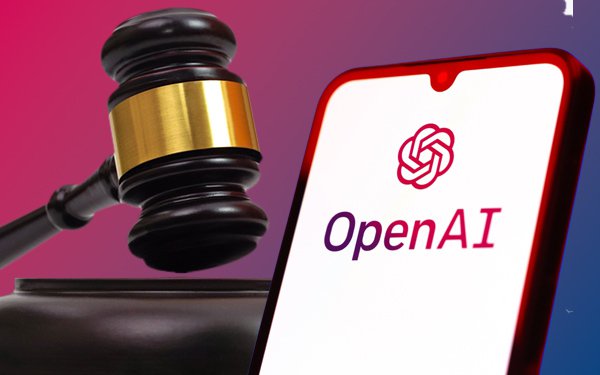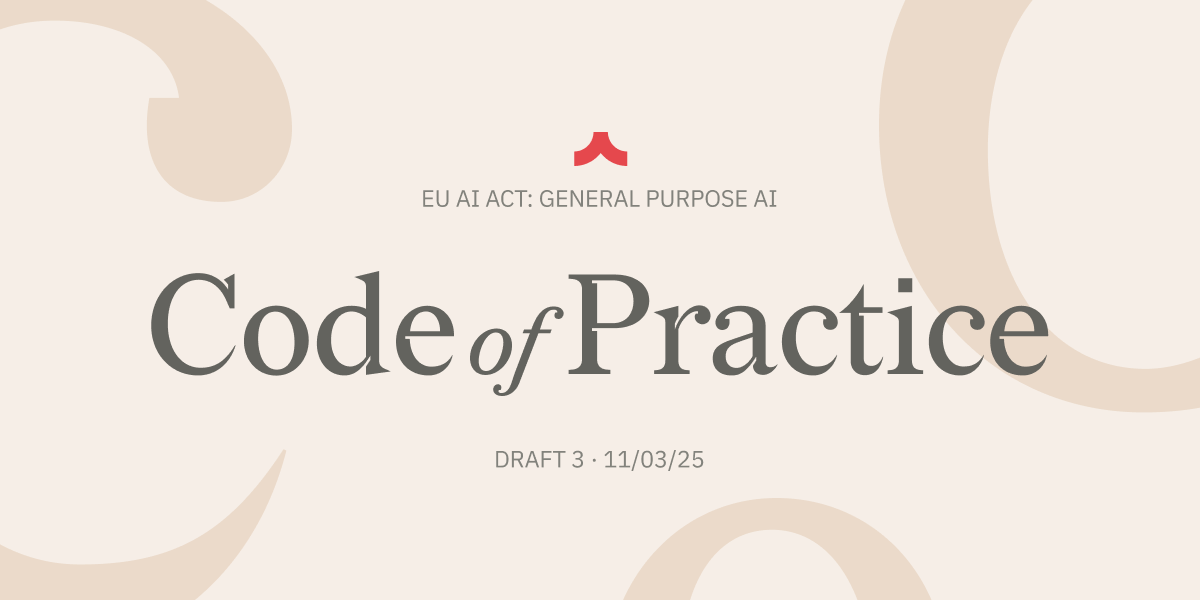Danish publishers sue OpenAI after failing to strike rights deal
An industry group representing almost all of Denmark’s media outlets including broadcasters and newspapers has said it's suing ChatGPT’s parent company OpenAI for using its content, in a statement issued on Tuesday. The Danish Press Publications’ Collective Management Organization (DPCMO) stated, “Big tech must respect national laws, and as such, DPCMO has a responsibility to act. Pursuing legal action is not a choice; it’s a necessity,”.

Legal Actions
The Danish Press Publications’ Collective Management Organization (DPCMO) claimed that OpenAI utilized their content in training ChatGPT and did not adhere to reservations in the terms and conditions of the website. Despite attempts to negotiate collectively with the publishers, OpenAI allegedly refused to prioritize Denmark. Even an intervention by the country’s Minister for Culture did not yield results.

A spokesperson for OpenAI mentioned that they had already engaged in discussions with DPCMO and assured that they were not using the members’ content for search results or training. The company had agreed to remove press publications of DPCMO's members from training sets back in June 2024.
EU Presidency and Copyright Issues
This legal action comes at a time when Denmark is taking over the EU Presidency and discussing AI and copyright issues. The European Commission is set to publish the Code of Practice on general-purpose AI (GPAI) to assist AI model providers in complying with the EU’s AI Act. The final version of the Code, initially planned for early May, has been delayed.

This move has faced criticism from tech giants and publishers who are concerned about potential violations of EU Copyright laws. The debate around the use of creative content by AI tools and companies is not limited to Europe but is a global issue.
In the entertainment industry, Hollywood writers have fought to safeguard their creative work from the utilization of large language models like ChatGPT. The intersection of AI technology and copyright laws continues to pose challenges and spark debates worldwide.










